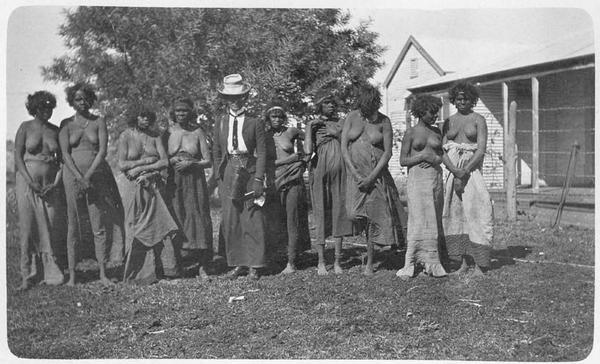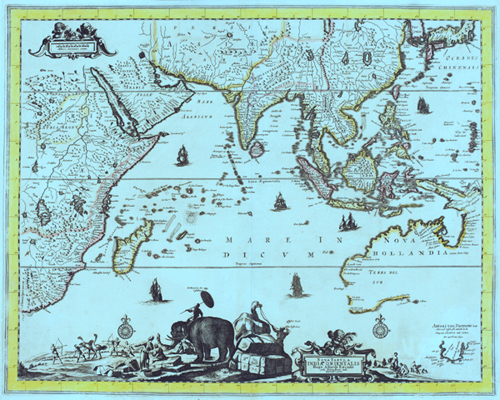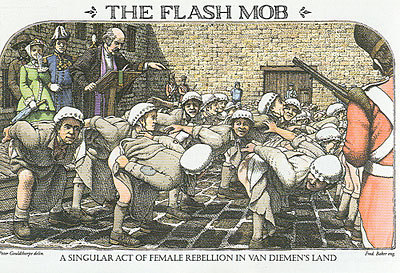Power outages caused by an explosion at an electrical substation wreaked havoc across heatwave-stricken Victoria on Friday night.
All Melbourne train services were cancelled and about 500,000 homes and businesses were left without electricity in the city's west, some parts of the CBD and western Victoria.
Full power with back-up services won't be restored until the end of the weekend, when two transmission lines are repaired, although most people affected had power again by midnight.
More to come
Victorians should brace themselves for more power blackouts as bushfires and the worst heatwave in recorded history threaten power supplies and equipment, a state government spokesman told AAP.
The explosion at the SP AusNet power station in South Morang occurred about 3.15pm (AEDT) when a transformer sent shrapnel into the air, sparking several grass fires.
The explosion took out two 500-kilovolt electricity transmission lines operating from South Morang to Keilor and South Morang to Sydenham, a government spokesman said.
The National Electricity Market Management Company (NEMMCO) ordered electricity distributors Citipower and Powercor to cut 1,200 megawatts of power from the market.
The amount was a "significant load to be shed", Citipower spokesman Ryan Auger told AAP.
City commuters stranded
Connex staff told thousands of commuters at Flinders Street Railway Station trying to get home at the end of the working week that they would have to find other means of travel because there was no power for trains.
A number of city buildings were evacuated, with the firemen called in to rescue office workers trapped in stalled lifts.
Traffic lights in the city stopped working and signals on the rail network also failed.
The lights went out and poker machines went dead at Crown Casino while American jazz legend Roberta Flack's concert with the Melbourne Symphony Orchestra at the Victorian Arts Centre was postponed to Sunday.
Electricity distributors were constrained about what action they could take if not enough power was being generated, Mr Auger said.
"We can only supply as much as is made available to us, 1,000 megawatts is a significant outage," he said.
Areas affected included Melbourne's CBD and the city's west as well as places such as Geelong, Ballarat and Kerang.
Power retailer Jemena offered to pay $150 towards the costs of hotels for residential customers who have been without power for 24 hours.
Earlier on Friday, power was cut to one million Melbourne homes for one-hour rotations.
About 16,000 customers of Jemena, Alinta and United Energy, which cover southeastern metropolitan areas and the northwest of Melbourne, were without power.
Air-conditioners caused supply problems
The near unbearable heat meant power use soared as people cranked up air conditioners, causing transformers and fuses to blow, creating supply problems.
Melbourne again endured a top temperature above 43 degrees on Friday, marking the first time since records began in 1855 that the city notched up three consecutive days so hot.
The mercury reached 45.1 degrees in Melbourne at 4.27pm (AEDT).
No emergency restrictions yet
Energy and Resources Minister Peter Batchelor said the state government had decided against invoking emergency powers restricting electricity use after it met to discuss the crisis.
"We were actively considering that but due to the good work of the power workers we have full restoration to all those affected by this infrastructure failure," he told AAP on Saturday morning.
Invoking those powers would have meant mandatory restrictions on power use by households with fines and other penalties for breaches.
"Victoria is still in a very tight power transmission situation; we believe we will get through it as long as we do not have another catastrophic infrastructure incident," he said.














+copy.jpg)






















































.jpg)



























 G
G







.jpg)















